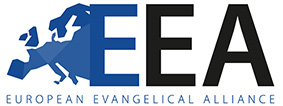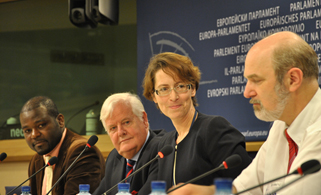Across Europe, the problem of exploitation is vast and expanding. Why hasn’t the problem been solved, and what does the situation look like now?
The Helsinki Commission/OSCE estimates that there are 3 million trafficked persons in the OSCE territory at any given time, and the International Labour Organisation (ILO) believes that there are currently around 880,000 people being exploited for their labour in Europe. Most of the victims identified in the region are from EU countries, although the numbers from outside the EU are increasing. Nearly two thirds of all victims are sexually exploited.
Human trafficking in the European Union is largely under the control of organized crime groups. Crime is big business in Europe, and these organizations now operate like major corporations, with lawyers, accountants, bankers, financial advisors, judges, government officials and border guards all on the payroll. Many have “adapted their image to that of helpful ‘service providers‘ and indispensable intermediaries between clients and victims,” according to Europol.
The European Commission recently published a three-year study on human trafficking. The report indicated several alarming trends.
Increasing cyber-crime. Children are being recruited and exploited online, and police responses are limited by legal problems and lack of resources.
- Child trafficking for benefits fraud. Children are being transported and exploited by gangs for street crime and to collect social security and welfare benefits; parents are often part of these networks.
- False ‘job’ offers. Fake employment agencies are a key recruiting arm of the trade in human beings. Across Europe, people are tricked by promises of employment, good working conditions, and a salary…which is never paid. (EFN partners recently helped to identify one such agency targeting victims in Bulgaria.)
- Growing labour exploitation. The global economic downturn has created a new problem: when falling profit margins threaten the livelihood of a business, employers may resort to illegal or cheap labour to stay in business. As in all forms of exploitation, the uncaring or unaware consumer drives the market.







